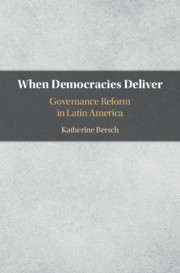This essay reviews the following works:
The Lima Reader: History, Culture, Politics. Edited by Carlos Aguirre and Charles Walker. Durham, NC: Duke University Press, 2017, Pp. xv + 272. $26.95 paperback. ISBN: 9780822363484.
Perú. 5 tomos. America Latina en la historia contemporánea. Dirigido por Carlos Contreras Carranza. Madrid: Fundación MAPFRE, 2013–2015.
Tomo 1, Crisis imperial e independencia, 1808–1830. Coordinado por Scarlett O’Phelan Godoy. Madrid: MAPFRE, 2013. Pp. 11–336. ISBN: 9788430607884.
Tomo 2, La construcción nacional, 1830–1880. Coordinado por Carlos Contreras Carranza. Madrid: MAPFRE, 2014. Pp. 2–360. ISBN: 9788439607884.
Tomo 3, La apertura al mundo, 1880–1930. Coordinado por Oscar Gonzales. Madrid: MAPFRE, 2015. Pp. 11–304. ISBN: 9788430607884.
Tomo 4, Mirando hacia dentro, 1839–1960. Coordinado por Marcos Cueto. Madrid: MAPFRE, 2015. Pp. 13–312. ISBN: 9788430607884.
Tomo 5, La búsqueda de la democracia, 1960–2010. Coordinado por Antonio Zapata. Madrid: MAPFRE, 2015. Pp. 13–367. ISBN: 9788430607884.

